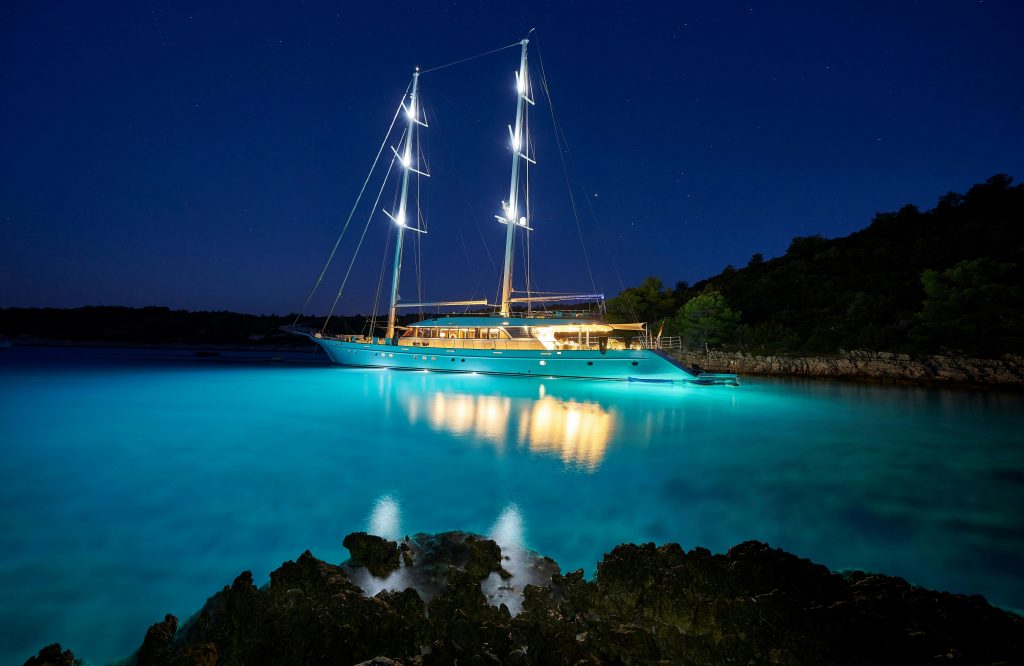March the 5th, 2024 – Croatia’s boom in nautical tourism comes with a slew of avoidable headaches, mishaps and outright dangers. Novices and pros are prone to mental lapses. There’s a clear line between having fun aboard your vessel and being a nautical nuisance. Here are five ways to avoid earning that proud distinction.
Alongside safety, the ideal vacation should marry your own plans with a minimal impact on the world around you. Here are five ways to ensure your nautical jaunt along Croatia’s stunning coast leaves an indelible mark on you without making locals smack their foreheads in dismay.
Don’t litter
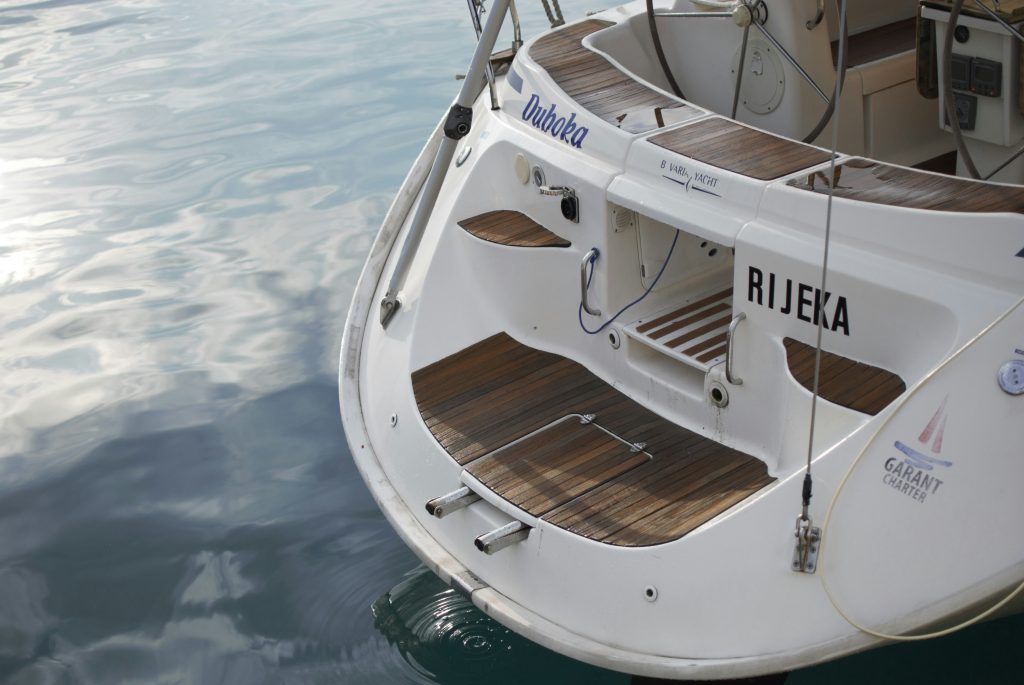
The most heartbreaking thing a Dalmatian can find? Trash lapping up against the shore.
The nation’s struggles with sea-faring garbage have become epic. Dubrovnik at times, seems more like a landfill than the Pearl of the Adriatic.
Please be sure any garbage stays aboard your vessel while at sea. Even organic food leftovers, which could theoretically decompose, should find their way into a garbage bag — not the sea. (Watermelon rinds last longer than you think.)
Double your garbage bags if necessary and make use of all the on-board compartments until you reach the shore.
The key is to be patient. Nearly all ports have trash receptacles. If not, ask a local where you they dispose of trash.
Even most anchorages in remote locations are required to collect rubbish from guests. Most concessionaires pay a fee for garbage collection. If they take your cash, they most likely should also take your trash.
[Know the price of a berth before you arrive; it will immediately set the tone for your visit].
Waste, it should be noted, includes the human variety. Be sure you’re not among the inconsiderate visitors emptying septic tanks a few meters from the shore.
Mind your depth sounder and maps
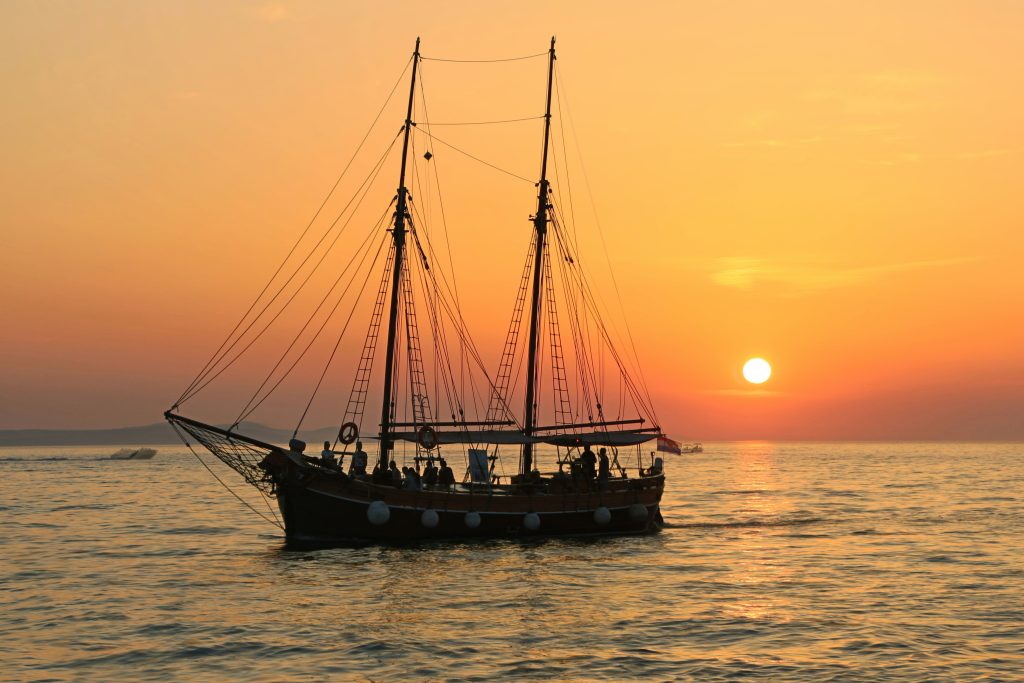
The Adriatic itself may seem expansive, but it contains many difficult-to-spot shallows.
The novice seems especially drawn to these hidden rocky outcrops. Sailboats running aground have become a favorite genre in the local media. Editors eagerly print photos of boats rendered useless atop some shore.
Accidents happen. But at sea, their cost multiplies astronomically.
Your best bet: be prepared.
Before setting sail, map out your course (you’re supposed to anyway), paying attention to the depths you’ll be traversing. Take into account the weather.
Be sure you know what sort of waters and depths your vessel can handle. This doubles for sailboats, which often need well over a meter of depth.
Double-check that anchor
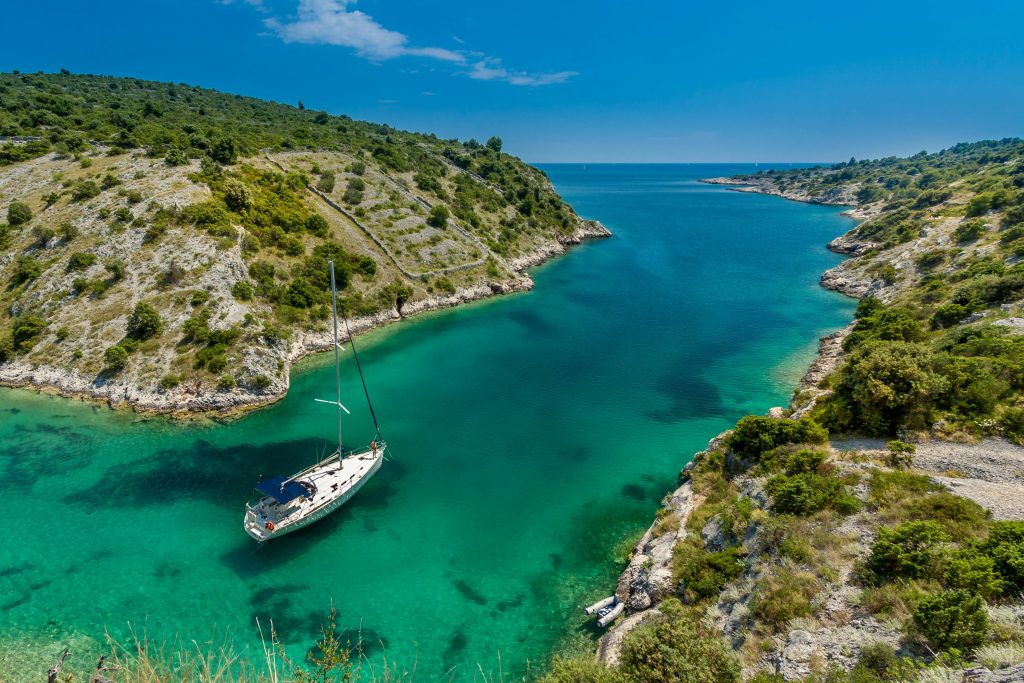
As any experienced sailor will tell you, anchors lie. Especially in Dalmatia, where the seabed can go from rock to sand to marsh in the span of a few meters.
If you plan on spending a prolonged period of time anchored — especially overnight — or leaving the boat, triple check the anchor. Be sure it has gotten a solid hold of the bottom and can withstand moderate waves thrashing against your boat. Wait a bit, making sure your boat hasn’t begun dancing about when it should be in place.
An anchor may seem secure, hugging the bottom. It can get detached. Sending a second line to the shore is no guarantee of safety — in some stormy seas and high winds, it could increase the tension on the lines and leave you abandoning ship.
Don’t ignore the locals
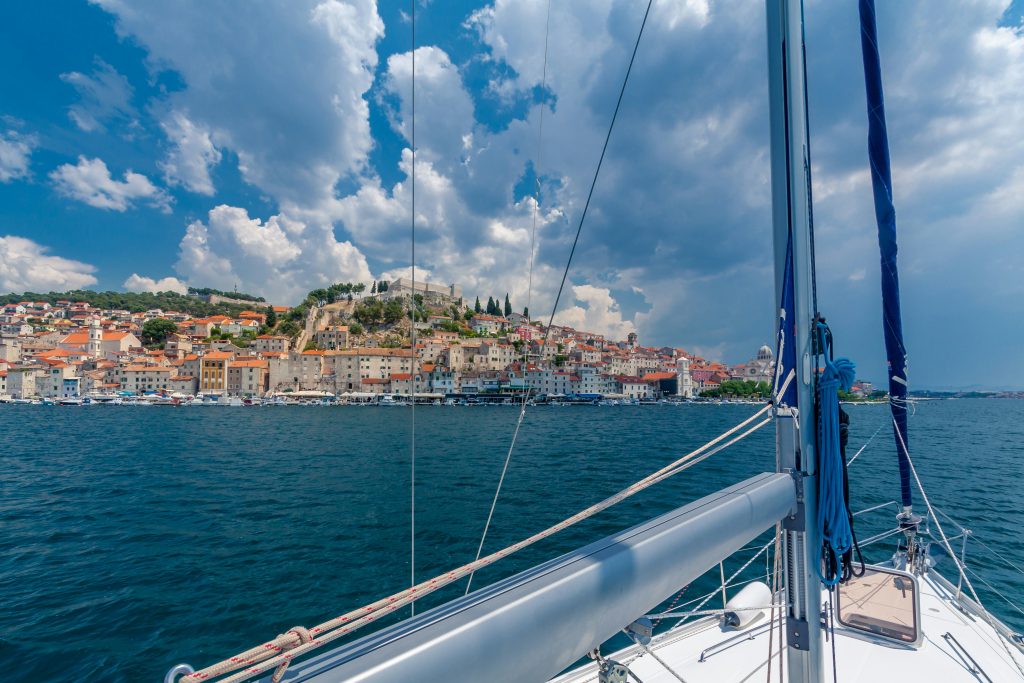
One of the more cherished facets of life at sea? The implicit acknowledgement we’re all leaving our lives exposed to the whims of Poseidon. It creates an implicit bond.
If you arrive ashore and a grizzled old local man with leathery skin and swollen hands begins shouting indecipherable directions at you? He likely has your best interest in mind.
Dalmatia, its smattering of islands and lightning-bolt channels, is prone to awkward currents and surprise squalls. Nobody knows these waters better than the people who have lived and traversed them their whole lives.
You may have some inkling of what’s coming, but a native can read the sky like a book. If he or she says your boat, for whatever reason, isn’t in a safe location: move.
Keep to a curfew if you’re in town
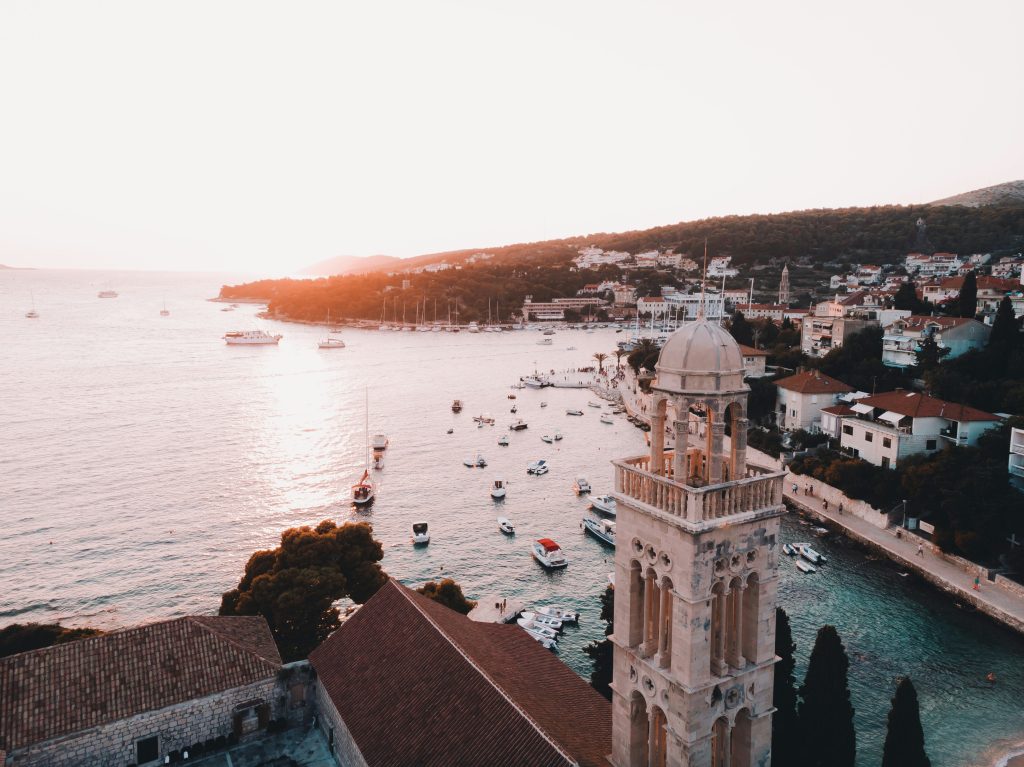
Dalmatians have a well-earned reputation for lax attitudes and lush habits. But not all.
As a matter of courtesy, be sure others outside your boat can sleep. This doubles if you’re berthed in a small village or town not accustomed to raucous drinkfests at 2 a.m.
Remember, you’re ultimately guests. That window 10 meters away from your stern? There might be a baby trying to sleep on the other side.

